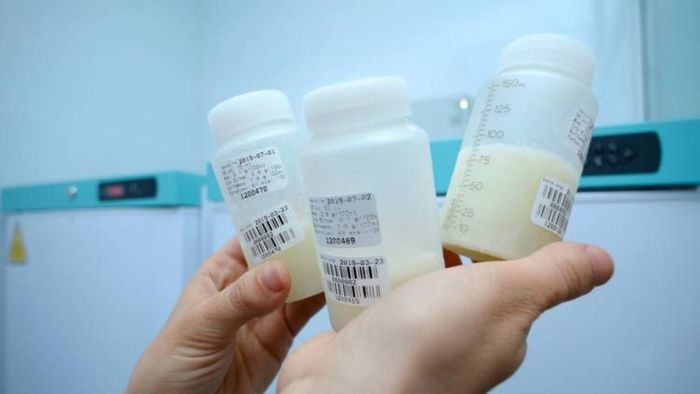Nepal gets its first-ever human milk bank at Kathmandu
Aiming to give premature and other at-risk infants access to the vast benefits of breast milk when they need it the most, Nepal President Bidhya Devi Bhandari on August 19, inaugurated the Himalayan nation's first-ever human milk bank at a maternity and women’s hospital in Kathmandu.

- Aug 20, 2022,
- Updated Aug 20, 2022, 1:55 PM IST
Aiming to give premature and other at-risk infants access to the vast benefits of breast milk when they need it the most, Nepal President Bidhya Devi Bhandari on August 19, inaugurated the Himalayan nation's first-ever human milk bank at a maternity and women’s hospital in Kathmandu.
According to hospital officials, "Amrit Kosh," the human milk bank, has the resources to collect, pasteurize, test, and store safe donor human milk from breastfeeding moms before giving it to newborns in need.
The centre has been established in partnership between the Government of Nepal, the European Union, and UNICEF.
According to Prof. Dr. Amir Babu Shrestha, Director of Paropakar Maternity and Women's Hospital, "premature, low birth weight, and gestational age babies are susceptible in terms of survival and cognitive development and typically have feeding challenges due to their medical conditions.
According to a news release from UNICEF Nepal, the milk bank is a critical step in ensuring baby-friendly health systems and enables premature low birth weight, and other at-risk newborns access to the extensive advantages of breast milk when they need it most.
Around 15 million premature babies are born every year all around the world. In lower-middle-income countries like Nepal, an estimated 81,000 premature babies are born.
The first month of a baby's existence is when they are most at risk of dying, and premature and low birth weight babies are at much higher risk.
The newborn mortality rate in Nepal is 16, as reported by the Nepal Multiple Indicator Cluster Survey (NMICS) 2019 (number of deaths per 1,000 live births during the first 28 days of life).
In a similar vein, the under-five mortality rate is 28 per 1,000 live births, while the infant mortality rate (the number of deaths per 1000 live births that are under 1 year of age) is 25.